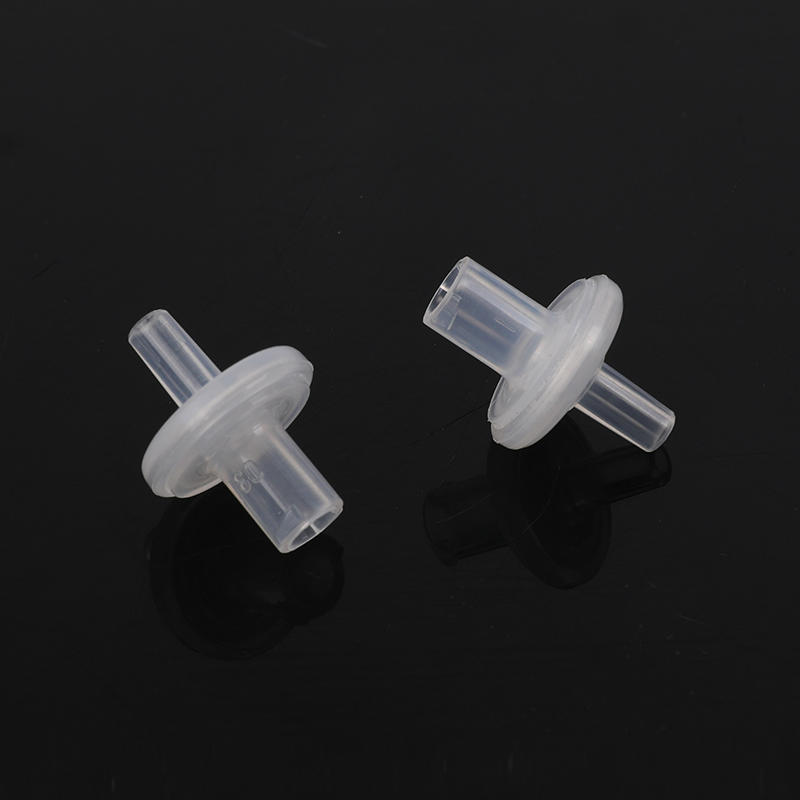In scientific research, clarification is a critical step in sample preparation that involves removing impurities or particulates from a solution. This process is essential to ensure the accuracy and reliability of the analysis results. One of the most common tools used in the clarification process is the clarification syringe filter.
A clarification syringe filter is a small, disposable device that contains a filter membrane designed to trap and remove impurities from a liquid sample. It is typically made of a plastic housing and a filter membrane made of materials such as nylon, polyethersulfone, or polypropylene. The size of the pores in the filter membrane can vary depending on the intended application, with smaller pores used for more rigorous purification.
The use of clarification syringe filters is widespread in a variety of scientific fields, including pharmaceuticals, biotechnology, environmental science, and food and beverage analysis. They are commonly used to remove particulates from samples before further analysis, such as HPLC or GC-MS, to prevent damage to sensitive equipment or interference with accurate results.


One of the significant advantages of using clarification syringe filters is their ability to clarify samples quickly and efficiently. They can filter samples in a matter of seconds, allowing researchers to complete their experiments more efficiently. Additionally, the disposable nature of these filters reduces the risk of cross-contamination between samples, ensuring the integrity of the results.
It is important to note that not all syringe filters are suitable for clarification purposes. For instance, some filters are designed for sterilization or removing bacteria, and they may not effectively remove particulates or impurities from a sample. Therefore, it is crucial to select the appropriate filter membrane for each specific application.
In summary, clarification syringe filters are a critical tool in the sample preparation process, allowing for quick and efficient removal of impurities or particulates. Their disposable nature and ease of use make them a popular choice in a variety of scientific fields. However, it is essential to select the appropriate filter membrane for each application to ensure accurate and reliable results.

 English
English 中文简体
中文简体













